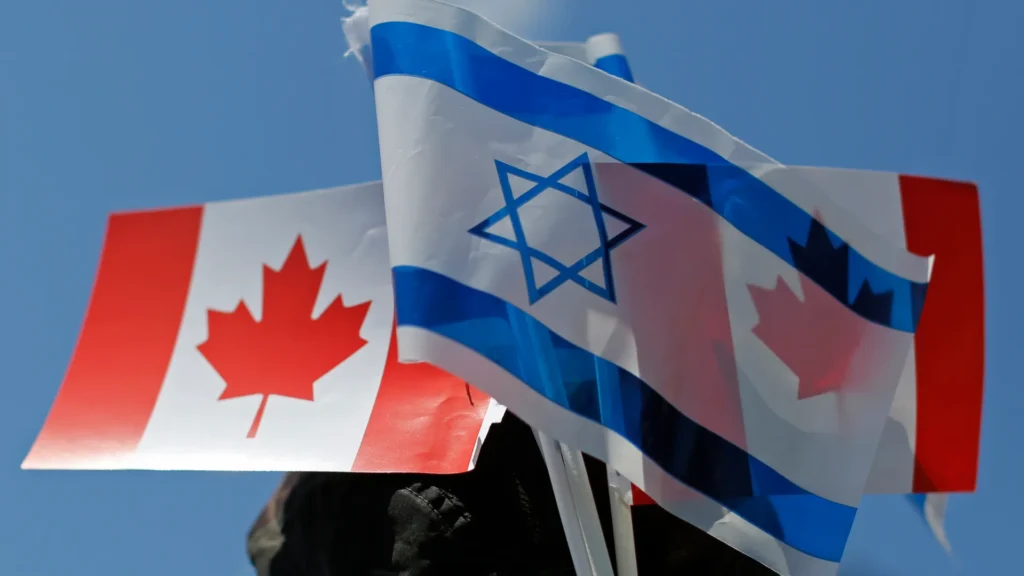In the complex world of international relations, few topics are as contentious and emotionally charged as the Israel-Palestine conflict. This long-standing dispute, deeply rooted in historical, religious, and political issues, has been a significant challenge for global diplomacy. Canada, like many other countries, has navigated this delicate issue with a foreign policy that some critics have labeled ‘schizophrenic’ due to its seemingly contradictory stances and actions. This blog aims to dissect Canada’s foreign policy towards Israel and Palestine, examining its historical context, current state, and the implications of its approach.
Historical Context of the Israel-Palestine Conflict
The Roots of the Conflict
- The historical background of the Israel-Palestine conflict
- Key events that have shaped the modern state of affairs

Major Milestones and Agreements
- The Balfour Declaration and its implications
- The 1948 Arab-Israeli War and the creation of the State of Israel
- The Six-Day War and its aftermath
- The Oslo Accords and the peace process
Canada’s Foreign Policy: An Overview
Early Stances and Developments
- Canada’s role in the formation of Israel
- Shifts in policy from the mid-20th century to the present
Key Principles and Objectives
- Canada’s official stance on the Israel-Palestine conflict
- The balance between supporting Israel and advocating for Palestinian rights
The ‘Schizophrenic’ Nature of Canada’s Policy
Contradictory Actions and Statements
- Instances where Canada’s actions have appeared to support different sides
- Analysis of Canada’s voting patterns in the United Nations
Domestic and International Influences
- The impact of domestic politics on foreign policy decisions
- Canada’s role and reputation in the international community
Case Studies: Canada’s Policy in Action
Support for Israel
- Military, economic, and diplomatic support for Israel
- Public statements and actions that favor Israel
Advocacy for Palestine
- Aid and support for Palestinian territories
- Efforts to promote peace and a two-state solution
Challenges and Criticisms
Balancing Act in a Polarized Context
- The difficulty of maintaining a neutral stance
- Criticism from both pro-Israel and pro-Palestine advocates
The Impact on Canada’s International Standing
- How Canada’s policy affects its relationships with other countries
- The role of Canada in future peace efforts
Reflections on Canada’s Role
- The effectiveness of Canada’s current policy
- Possible future directions and adjustments
Recommendations for a more coherent and effective foreign policy
- The role of international cooperation in resolving the Israel-Palestine conflict
This comprehensive analysis aims to provide a nuanced understanding of the complexities surrounding Canada’s foreign policy towards the Israel-Palestine conflict, exploring the historical context, current dynamics, and the challenges faced in navigating this multifaceted issue.

